30 tips to be more eco-friendly
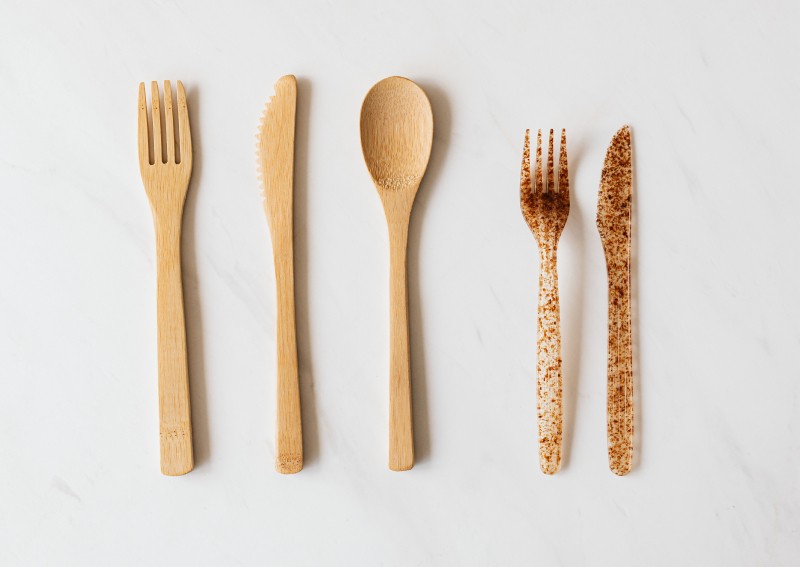
AsiaOne has launched EarthOne, a new section dedicated to environmental issues - because we love the planet and we believe science. Find articles like this there.
With the world's dismal record in reducing greenhouse gas emissions, it is now more crucial than ever to adopt habits that reduce our carbon footprint.
Luckily, there are more green alternatives available than ever before, and becoming more eco-friendly can be as simple as switching products, or changing the way we use them.
Here are 30 tips, products and ideas to become more ecologically friendly today.
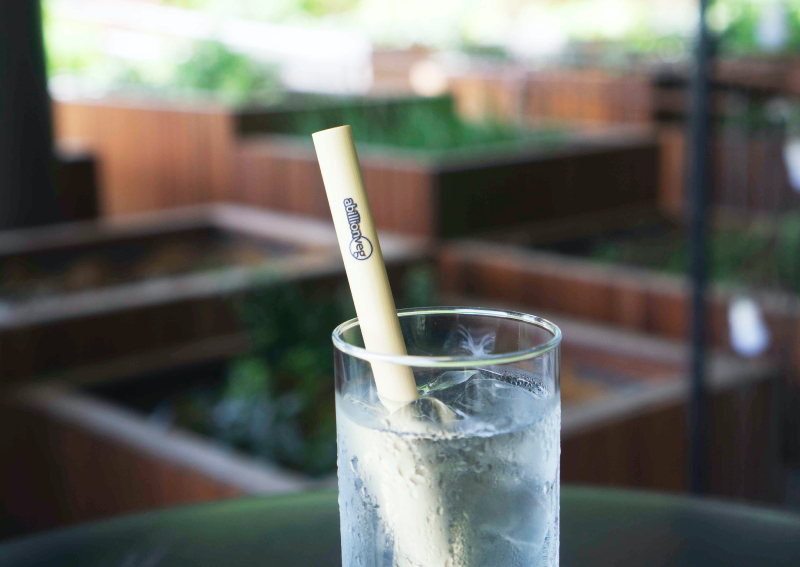
Plastic straws are one of the most egregious examples of plastic waste, but metal straws (especially those made from raw ore) are polluting and damaging to the earth.
Switch instead to bamboo straws that are renewable and biodegradable.
Still using plastic ziplock bags that have to be thrown out after a few uses? Say hello to your new upgrade - silicone food bags that are food-safe, odour free and infinitely washable.
The Stasher range is even freezer and heat safe, so you can easily go from freezer to pot to table.

Reusable cotton food wraps infused with beeswax are a great alternative to toxic plastic clingwrap. Just press to seal, using the heat from your hands to melt the wax.
Handy as an all-natural placemat, sandwich wrap or to cover bowls of food.

We know not to buy bottled drinks, but it's hot out and we're dying for a cold one.
Instead of buying a bottle of water and adding to plastic pollution, invest in a leak-proof vacuum-insulated water bottle or travel mug that will keep your drinks cold (or hot).
READ ALSO: 5 earth-friendly cling wrap alternatives for food storage

Reduce your trash output when you tar-pow food by bringing your own takeaway lunch boxes. Bonus points if cutlery is included.
Sure you'll need to wash them after each use, but think of how many turtles you'll save from choking on your discarded, colourful plastic bags?

Cook your own lunch to save money, eat healthier and go zero-waste. Pack your food in a thermal lunch bag to help keep food warm, so you can tuck in come lunchtime without having to use the gross office microwave.
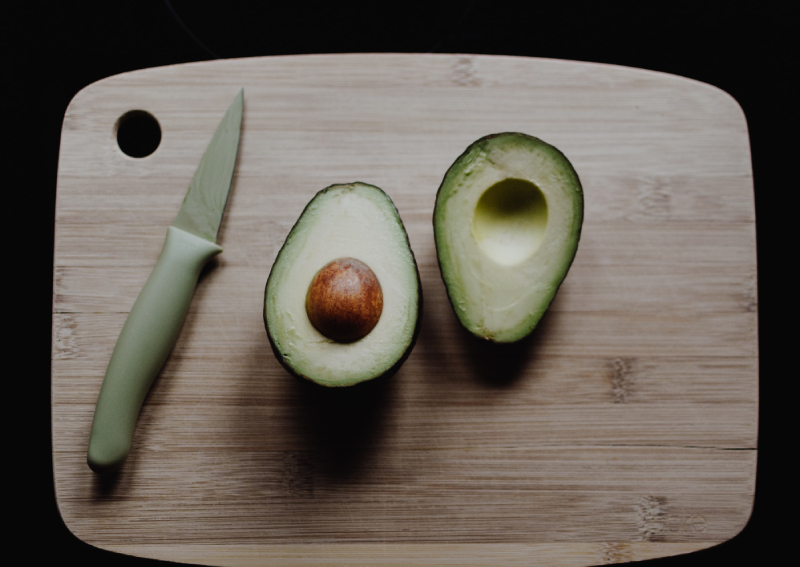
Plastic cutting boards are not only bad for the environment, they can also be hazardous to your health. They wear down easily, forming bacteria breeding grounds with each cut.
Switch to a bamboo cutting board that is easy to clean, durable, food-safe and stylish.

Bleached wood pulp paper products not only destroy forests, they also pollute the environment producing that blindingly white toilet paper.
Unbleached bamboo paper products do the same job, but are much more renewable (bamboo regrows; trees have to be replanted) and less environmentally damaging.
Cloversoft's unbleached paper towels are suitable for sensitive skin and purportedly prevents skin irritation.
READ ALSO: 10 simple everyday habits for an earth-friendly lifestyle

At your next party, try switching to wooden disposable cutlery instead.
Unlike plastic (or that friend who can't handle her drinks), these biodegradable products won't stick around and cause problems long after the party's over.

Instead of plastic drawer inserts, effortlessly organise your drawers with this expandable bamboo drawer organiser that changes sizes to fit a variety of drawers.

Whenever possible, cycle instead of taking public transport, car-pooling, or worst, driving. Not burning any fossil fuel on your daily commute (or as little as possible) is the most direct way to reduce your carbon footprint.
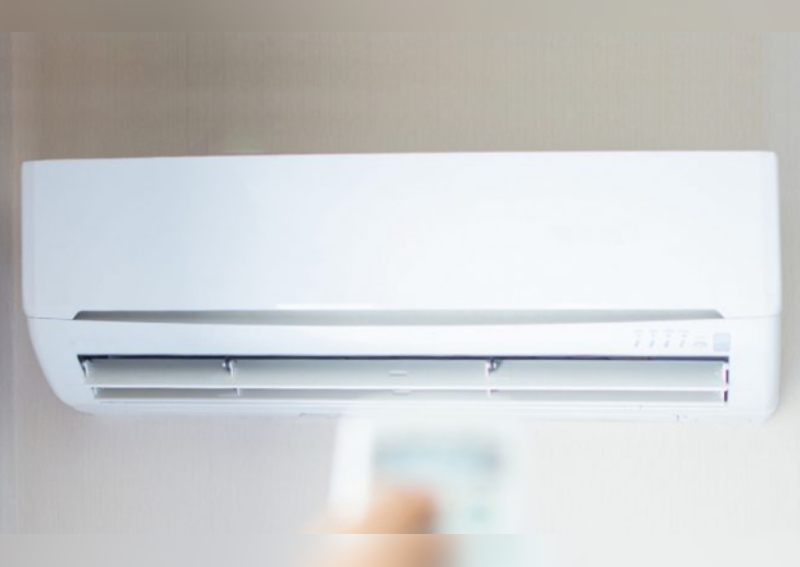
Ever felt like the air was stuffy and oppressive even though the aircon is in full blast? Humidity is likely to blame. Switch the aircon to Dry Mode to reduce humidity, restore coolness and save electricity in the process.
READ ALSO: Sustainability in Singapore: 9 local and regional fashion brands to watch

Raising livestock uses precious resources, all to satisfy human appetites. Reducing your meat consumption will contribute less stress to ecological systems.
The most wasteful is beef, so cut down or switch to less polluting alternatives like poultry and seafood.

Organic food has not been proven to be better for human health. Worse, studies show that organic farming results in lower food yield.
So by insisting on organic food, you are indirectly causing more natural resources to be wasted on food farming.
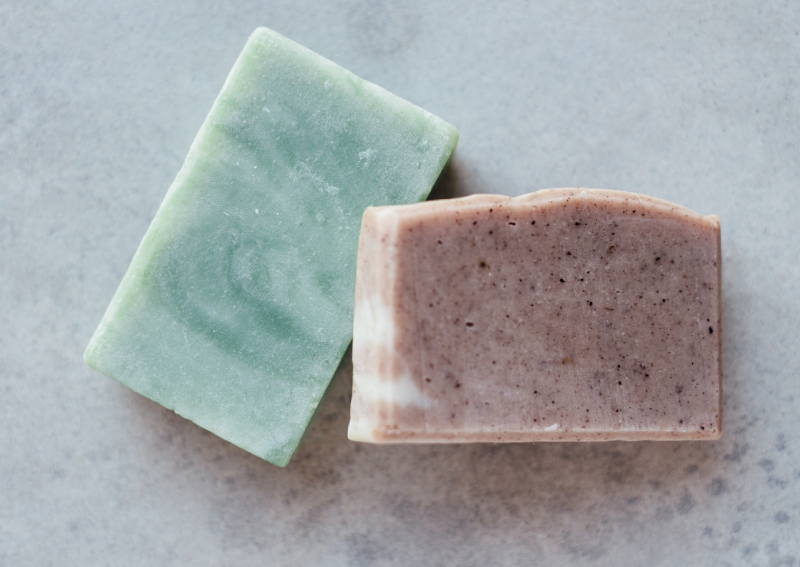
Body wash and shampoo bottles use a lot more plastic than solid soap bars - just think about that one-litre pump bottle vs the tiny plastic or paper sleeve.
Go all the way and pick soap bars with eco-conscious packaging, such as Ethique.
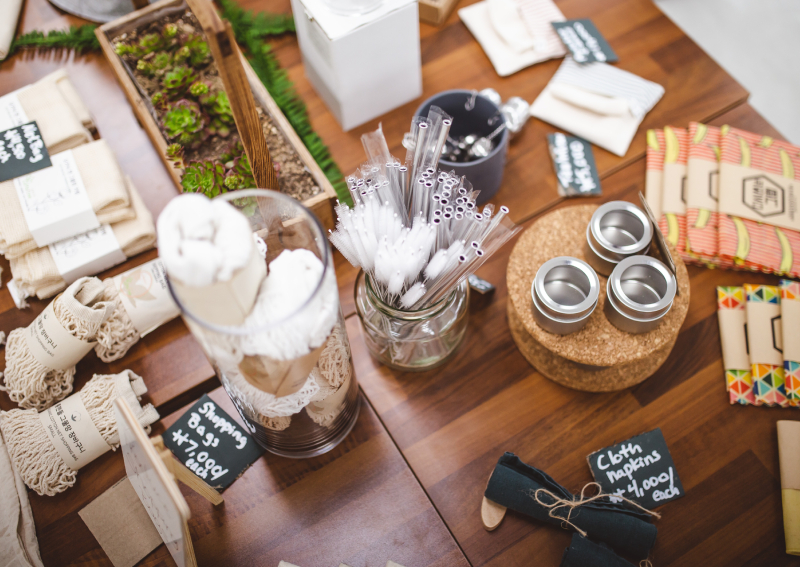
Visit a zero-waste store to learn more about the movement.
The more you know, the more you'll be inspired to come up with your own ways of contributing to a sustainable future.
Of course, shopping there will also earn you instant eco points.
READ ALSO: Shopping green: Celebrate Earth Day with these labels that give back
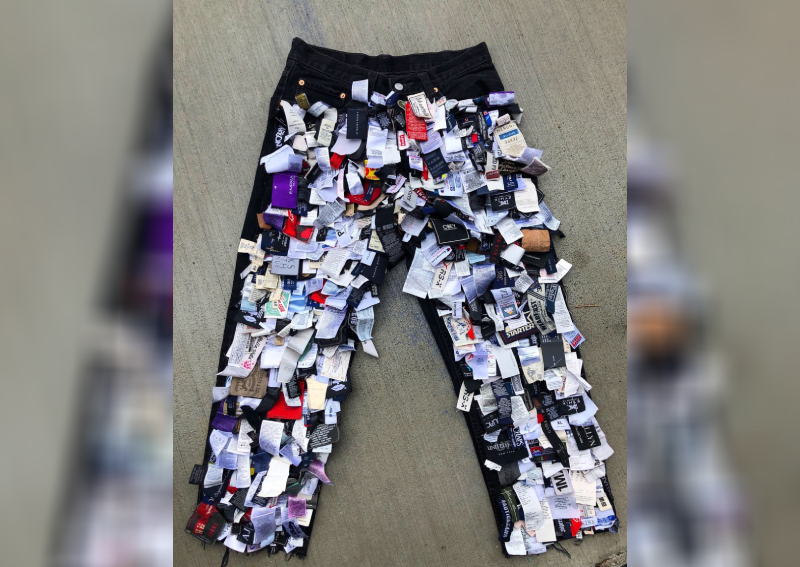
Shop upcycled products for an inspired take on your home decor.
Or if you're good with your hands, try joining an upcycling class or group and create projects from items you might otherwise have thrown away.
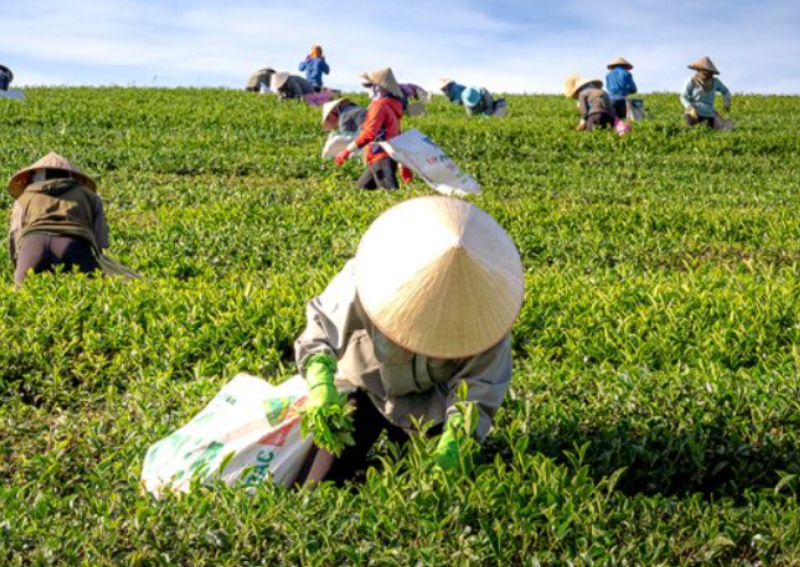
It's a quirky idea, but it's completely possible to grow your own vegetables and fruits in Singapore.
By joining the growing urban farming movement, you can facilitate the reduction of supply chain pollution and packaging waste.

If you're still boiling your tap water before drinking it, you're wasting precious energy on an unnecessary task in Singapore.
However, if you can't stand the thought or taste of tap water, using a water filtration system is a greener alternative.
For hot drinks, use an electric airport to keep water hot and save energy.

With modern-day detergents, using hot water to wash your clothes is simply a waste of electricity.
Instead use colour-friendly bleach, and clean out your washer dryer to prevent musty odours.
READ ALSO: Sustainability in Singapore: Eco-friendly ways to adapt to the existence of Covid-19 in daily life
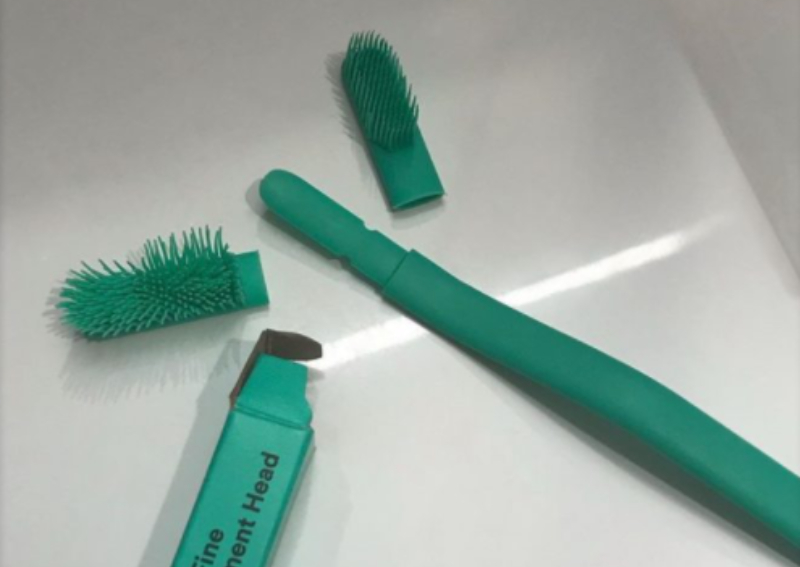
Chances are the only part of your toothbrush that need replacing is the head itself - the handle is usually still good.
Switching to toothbrushes with detachable heads (such as these from Boie) is another great way to reduce waste.
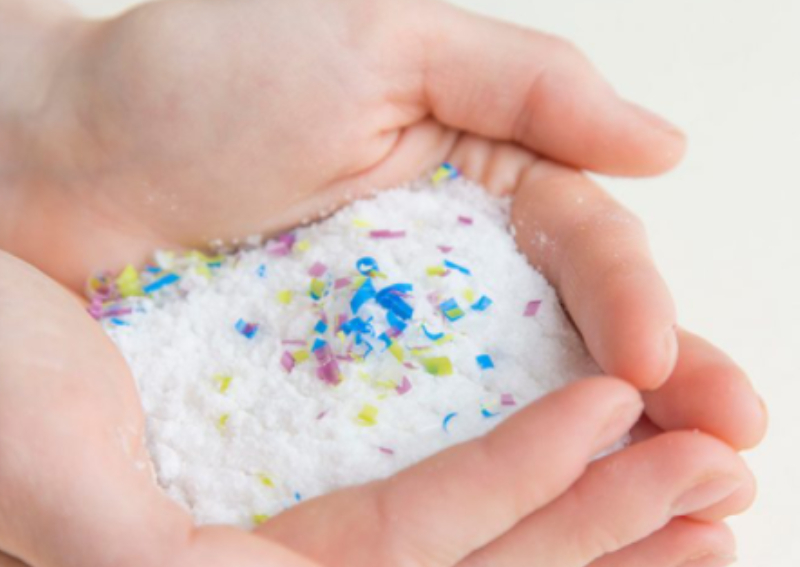
Many personal care products - such as toothpaste and facial scrubs - contain microplastic beads as an exfoliator, which get flushed into the oceans, and into the food chain.
Avoid these products to help stem the flow of plastic pollution.

The fashion industry is emerging as one of the worst polluters of our environment, with the multiple release cycles driven by fast fashion.
Slow down the damage by ditching the fast fashion habit, and only shop sustainable fashion labels.
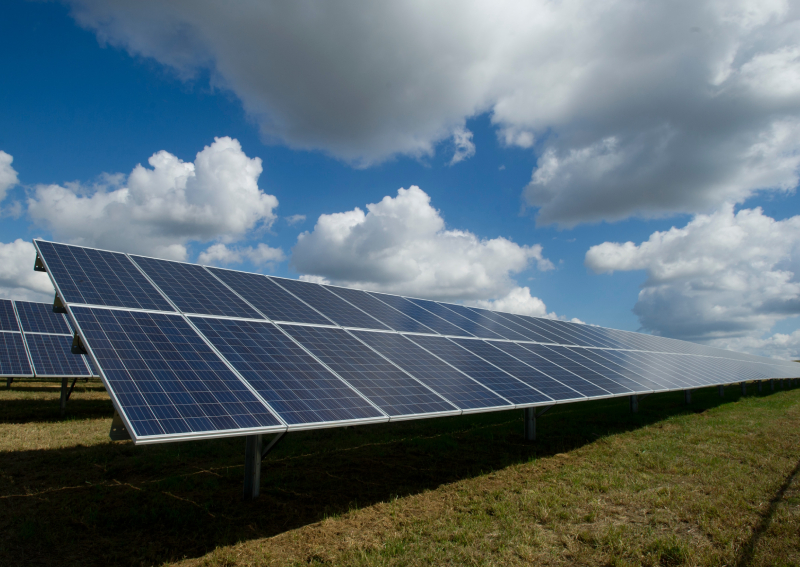
Speak to your electricity provider about switching to a green power plan - carbon-neutral, solar power or partial solar power.
Sure, you'll pay a premium but at least you'll be encouraging the further development of sustainability efforts.
READ ALSO: Earth Day: Greenfluencers show us how easy it is to be eco-friendly

Devices such as remote controls, electric toothbrushes and Bluetooth mice and keyboards still require disposable batteries.
Use rechargeable ones instead to prevent using up precious metals as well as environmental degradation from improperly disposed batteries.

Bagging your garbage for disposal is one of the most common ways in which plastic gets into the environment.
Switch to biodegradable garbage bags that break down to reduce pollution and save land from turning into landfills.

Almonds are tasty and nutritious, but growing them is a thirsty endeavour.
Farmers in California - which produces 80 per cent of the world's almonds - take to sucking up precious groundwater to grow this profitable crop, leading to environmental damage, sinkage and even earthquakes.
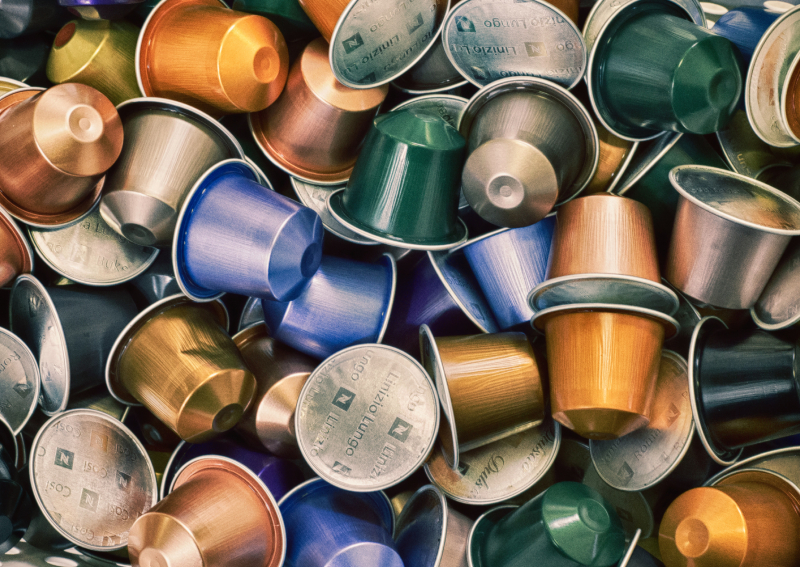
Those single-serve coffee pods that you love so much are creating an environmental nightmare, filling up landfills with aluminium waste.
Worse, coffee pods aren't easily recyclable due to their manufacturing process. Switch to reusable coffee pods for a greener cup of coffee.

The manufacture and use of disposable tea bags and their sachets involve paper, linen or plastic fibres, which all ultimately end up polluting and degrading the environment.
Reduce waste by opting for loose leaf tea with an infuser mug or teapot instead.
READ ALSO: World Earth Day: If funeral parlours and swimwear can be eco-friendly, so can we

Did you know the average Singaporean uses 148 litres of water a day?
Switch to a low-flow showerhead to manage your water consumption, and advanced models promise to give you a great wash even with less water.
This article was first published in Her World Online.